
Table of contents
Consumer Unit FAQs for Homeowners
Understanding how your consumer unit works is essential to keeping your home safe. This guide answers the most common consumer unit FAQs for UK homeowners and landlords. Whether you’re replacing an older fuse box, adding surge protection, or comparing brands like Hager, FuseBox, Niglon, Live Electrical, Whitecliffe, we explain what matters and how to stay compliant.
General Advice
Question: What is a consumer unit?
Answer: It depends. Older fuse boxes are not automatically illegal, but their safety relies on condition, RCD protection, and a satisfactory EICR. Many outdated boards lack essential protections and may need replacing
Question: Do I need to replace my fuse board?
Answer: There is no fixed timeframe. Instead, schedule an EICR: every 10 years for homeowners, every 5 years for rental properties. Replacement is based on inspection findings and system condition.
Question: Can I install or replace a consumer unit myself?
Answer: No. This is notifiable work under UK regulations and must be done by a qualified electrician. DIY installation is unsafe and non-compliant.
Question: Do I need an EICR before upgrading my consumer unit?
Answer: Yes. An EICR assesses the condition of your current wiring and confirms if it’s suitable for a new consumer unit.
Question: Can a consumer unit become faulty over time?
Answer: Yes. Faults can develop from overheating, age, or improper installation. Regular inspections help ensure continued safety and compliance.
⚙️ Choosing the Right Consumer Unit
Question: What type of consumer unit is best for my home?
Answer: RCBO consumer units are the most protective option, isolating each circuit. Dual RCD units are affordable and common. Garage and SPD boards serve specific installation needs.
Question: How does an RCBO protect your home?
Answer: An RCBO is a single device that combines RCD and MCB protection, offering both earth fault and overload safety per circuit.
Question: What is the difference between RCD, RCBO, MCB, and SPD?
Answer: An MCB protects against overloads; an RCD guards against electric shock; an RCBO does both; an SPD shields against power surges.
Question: Do I need surge protection?
Answer: Yes. SPDs are recommended under the 18th Edition Wiring Regulations to protect electrical equipment from voltage spikes.
Question: Can I replace a consumer unit without rewiring the house?
Answer: Yes, if the existing wiring passes inspection during an EICR. Rewiring is only necessary if defects or outdated materials are found.
Question: Is it safe to modify a consumer unit or mix brands?
Answer: No. Mixing brands or altering components like busbars can create fire risks and void safety certifications. Always use manufacturer-approved parts.
Modifying Consumer Units: What You Should Know
Avoid altering consumer units or mixing components across brands.
This includes:
- Bending or cutting busbars
- Using breakers from another brand
- Trimming DIN rails or changing fixings
These modifications may:
- ❌ Void the BS EN 61439-3 certification
- Cause overheating or arcing
- ⚠️ Breach 18th Edition requirements
- ❌ Fail your next EICR
Learn more:
Modifying Consumer Units: Why “It Fits” Can Still Fail
Always use components tested and approved by the same manufacturer.
Browse Popular Consumer Unit Types
- RCBO Consumer Units
- Main Switch Boards
- SPD-Protected Units
- Garage & RCD Boards
- Accessories & Enclosures
Stay Connected
- ▶️ YouTube: Install Videos & Product Tips
- Instagram: Behind-the-Scenes
- Facebook: Trade Advice & Electrical News
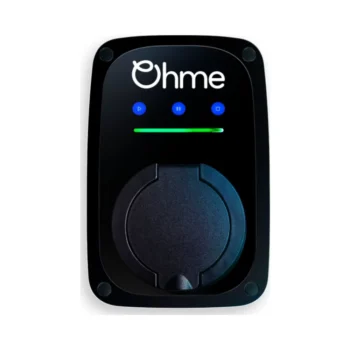
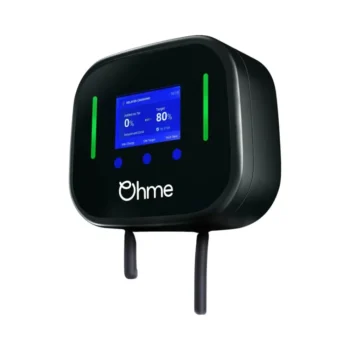
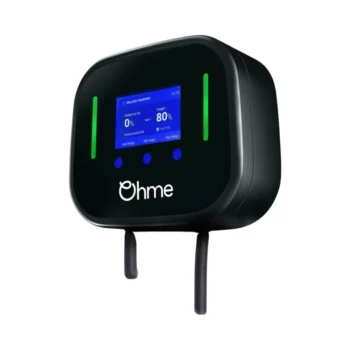


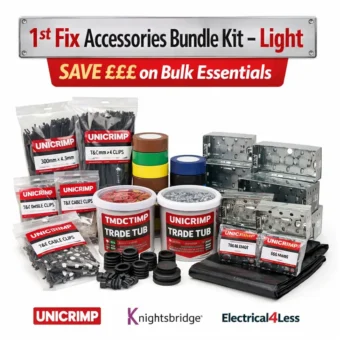


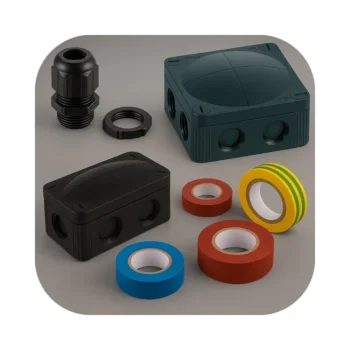



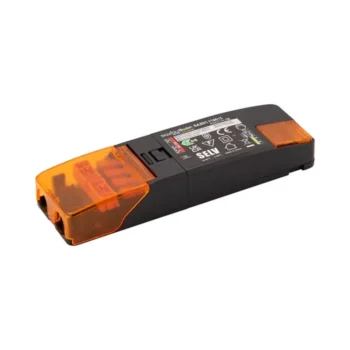
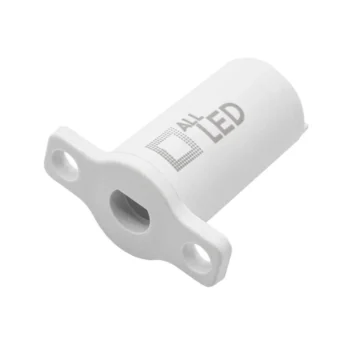
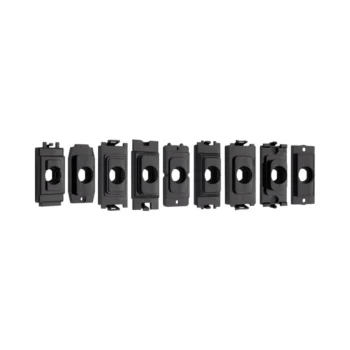
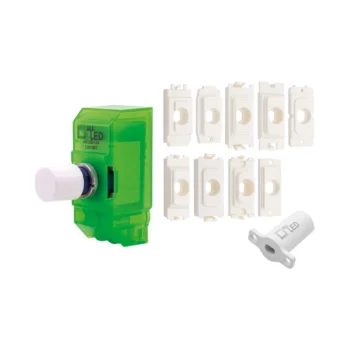
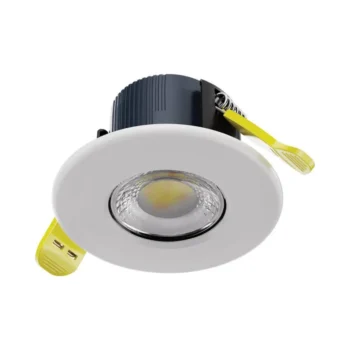
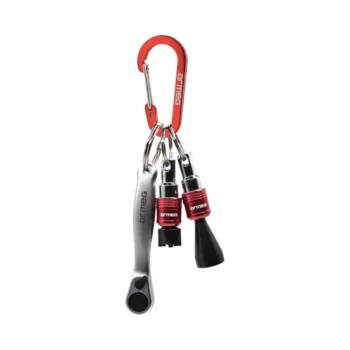
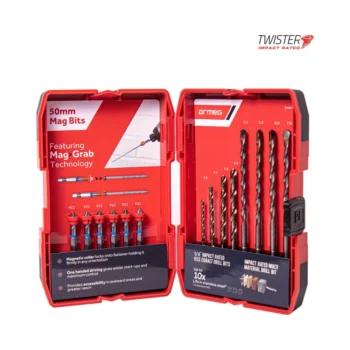
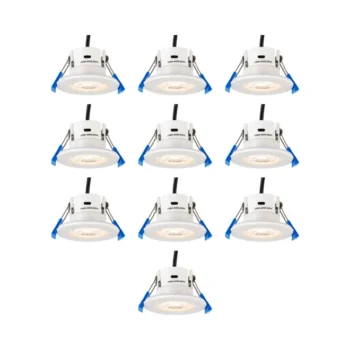

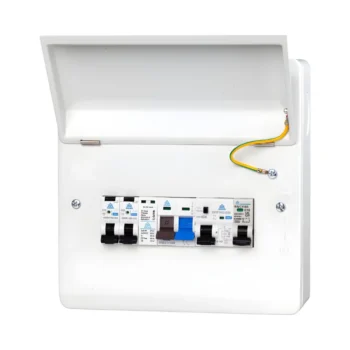
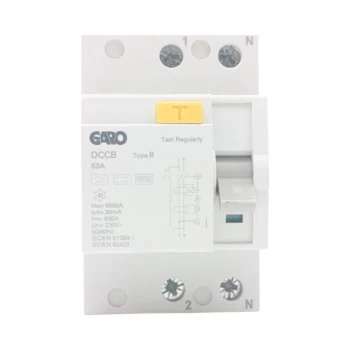
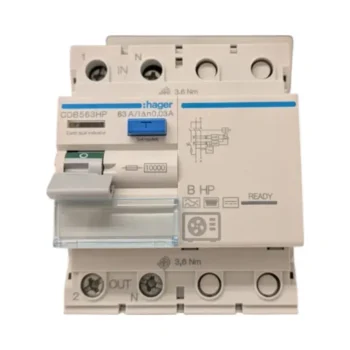
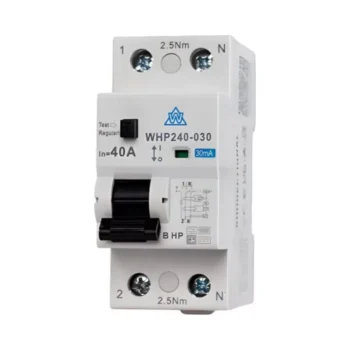
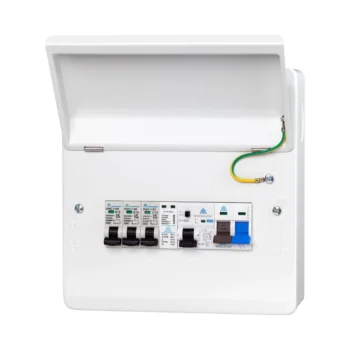
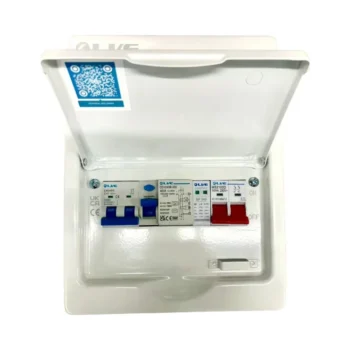
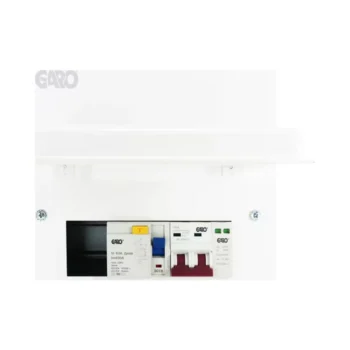
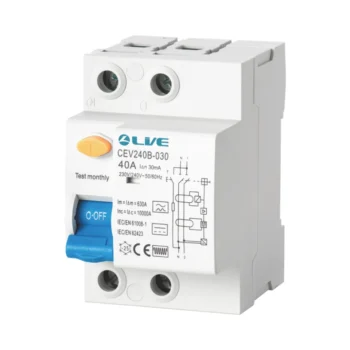

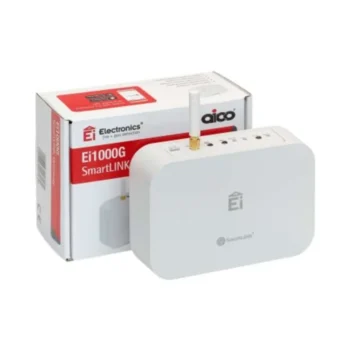
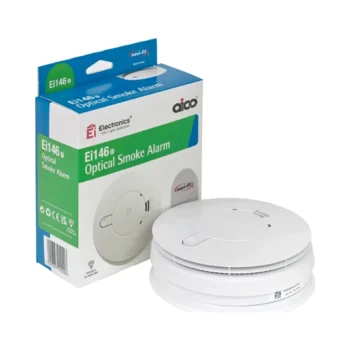
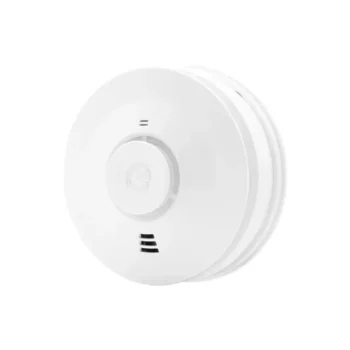
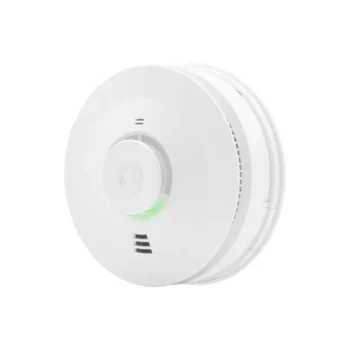
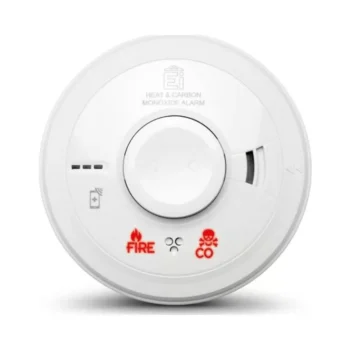
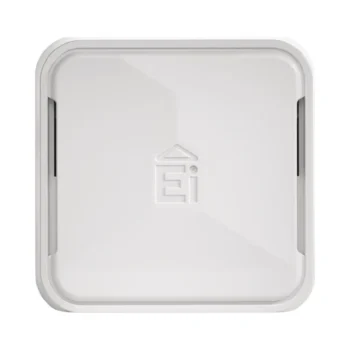
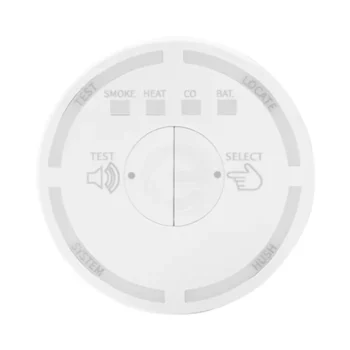
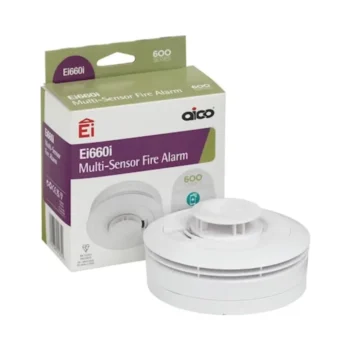

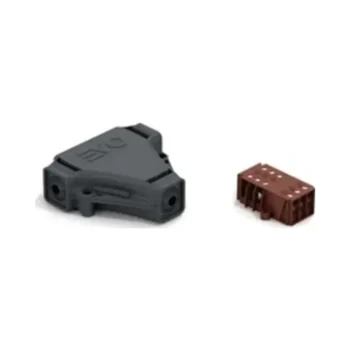
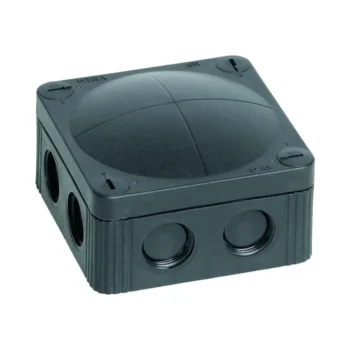
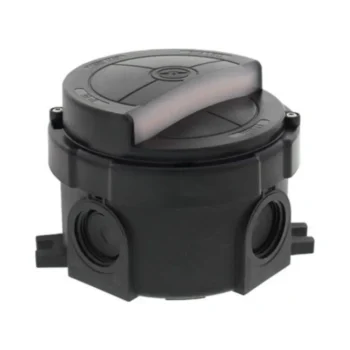
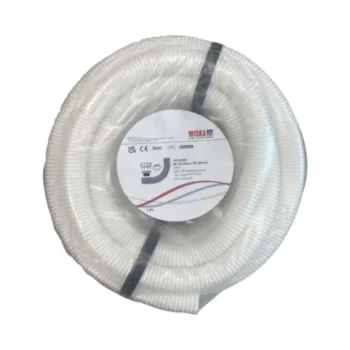

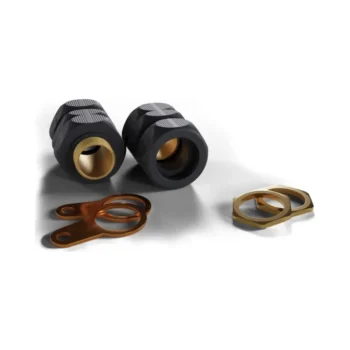
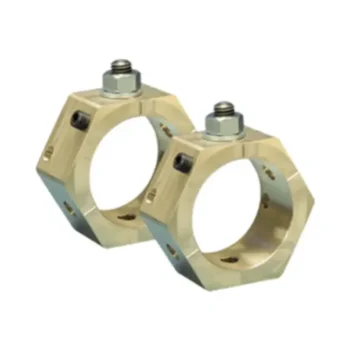
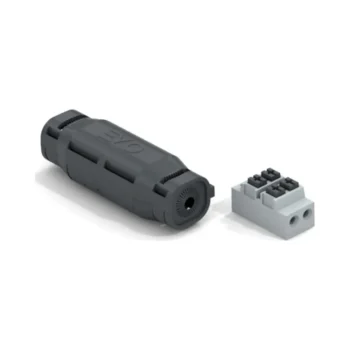

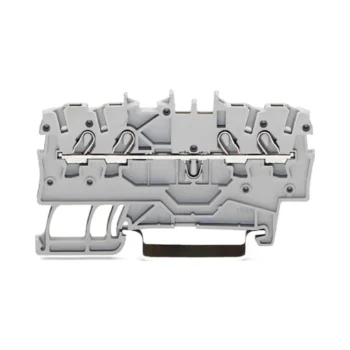
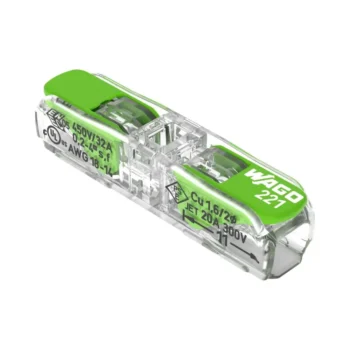
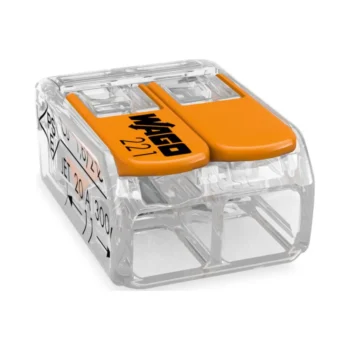
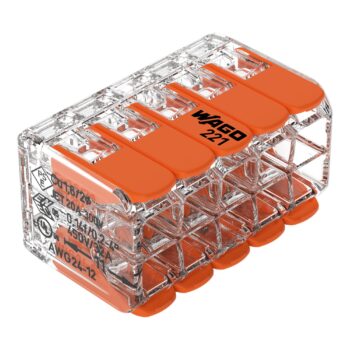
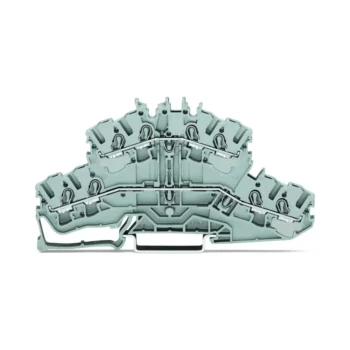
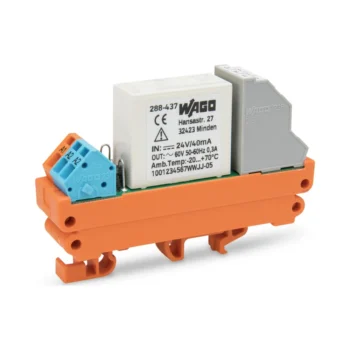
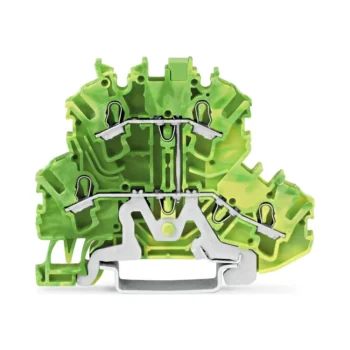
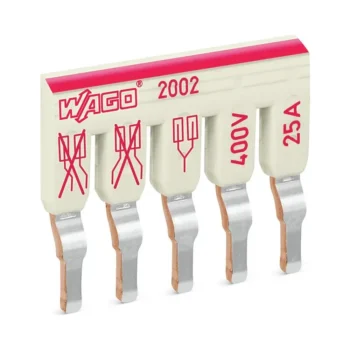

























Consumer Unit FAQs for Homeowners